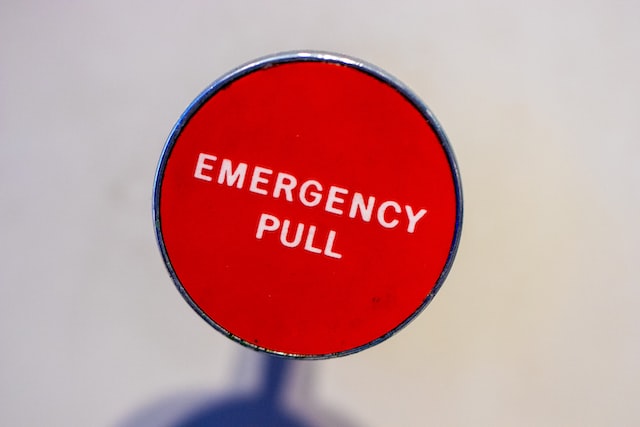A workplace is a chaotic place. With so much going on, it’s easy to forget the hazards of working at any given time.
A potential emergency can happen anytime, anywhere. Many types of emergencies can occur in a workplace, from minor ones like spilled coffee to major ones like a natural disaster or terrorist attack.
Emergencies can disrupt work and cause costly property damage, injury, and loss of life. They can also hurt productivity, reduce morale, and even affect the company’s reputation, so it is essential to be prepared.
Here are five common types of emergencies that can occur in your workplace.
1. Chemical Spills
Chemical spills can happen in any workplace, even if your business deals with less hazardous materials.
When a spill occurs, the first step is to stop the flow of any material by using absorbent towels or other absorbent material and then removing it immediately to prevent further damage. Notify your supervisor as soon as possible and get medical assistance if anyone has been exposed to the chemical. You should also stay calm, wear safety glasses, and wear eye protection if necessary.
Storage areas for hazardous materials should be locked and identified. You should also have handy spill cleanup kits and all the required safety equipment.
2. Gas Leaks
Air conditioning units, gas stoves, and refrigerators are just a few causes of natural gas leaks. Natural gas is odorless, making it difficult to detect when there is a leak. A small leak can lead to an explosion, while a larger one can result in death or severe injury. If you smell the distinct odor of natural gas, evacuate the area and call 911 immediately.
For small leaks, turn off the gas at the main valve and open windows for ventilation. Do not attempt to use a portable gas detector if you suspect there is a major leak because it could cause an explosion.
Temporary HVAC units should be installed in the building until the leak is fixed.
3. Electrical Shock
Electricity has become necessary in many work environments, and electric shocks from nearby electric wires are not uncommon. The workplace should be equipped with the appropriate safety measures for electrical shorts, surprises, and burns.
It is essential to realize that electrical injuries can occur in any workplace regardless of whether or not any work is being done on the equipment involved. Even if there is no electricity present, a worker can still get electrocuted by touching the live wires of an electric power source.
Workers should know and follow the appropriate safety precautions when working with electrical equipment, especially those jobs requiring electric saws or drills.
4. Major Power Failures
A power failure affecting an entire building or a particular department within a business will cripple operations. In the event of a power failure, you must be prepared to carry on as smoothly as possible without electricity.
Depending on the size and scope of your organization, you should have plans for power outages. Organize employees, so they know what to do in the event of a power failure. If you have specific operations that require uninterrupted power, explore options such as generators or uninterruptible power systems.
In case of a blackout, use flashlights and light sources that are not fire hazards to ensure employee safety.
The darkness can also cause slips, trips, and falls. Try to keep employees focused until the power is restored.
5. Water Leaks
Every year, millions of gallons of water are lost due to leaks in industrial buildings, computer rooms, and offices.
Water damages can be caused by pipes bursting or storm damage, mechanical failure or malfunction, burst or frozen water lines, and even employee error. Depending on the amount of damage incurred, it may require you to replace expensive equipment, make severe repairs to the structure, and even call a restoration company to clean up the mess.
Water leaking from pipes in walls can damage drywall, insulation, and ceiling panels that are not water-resistant. It increases your risk of mold growth, which could quickly spread to other parts of your building if not dealt with properly. Leaks also restrict airflow in your facility and increase the risk of fire.
Conclusion
Emergencies in the workplace can be disruptive and costly. Some of these emergencies can cause injuries and even death if not handled correctly.
Being well prepared for everyday emergencies can minimize injury and property damage and keep your company running smoothly during an emergency.
Apart from this, if you want to know about Hybrid Office Party for Your Workplace then please visit our Business category











